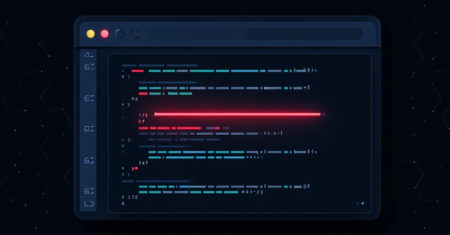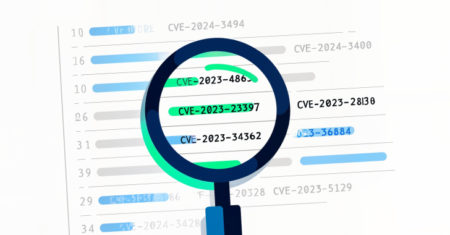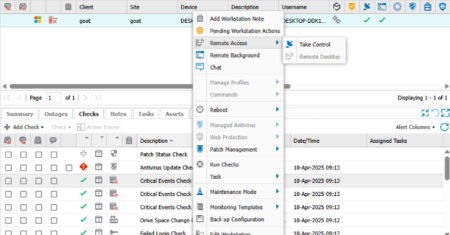CVE ID : CVE-2025-3897
Published : May 9, 2025, 12:15 p.m. | 3 hours, 23 minutes ago
Description : The EUCookieLaw plugin for WordPress is vulnerable to Arbitrary File Read in all versions up to, and including, 2.7.2 via the ‘file_get_contents’ function. This makes it possible for unauthenticated attackers to read the contents of arbitrary files on the server, which can contain sensitive information. The vulnerability can only be exploited if a caching plugin such as W3 Total Cache is installed and activated.
Severity: 5.9 | MEDIUM
Visit the link for more details, such as CVSS details, affected products, timeline, and more…









